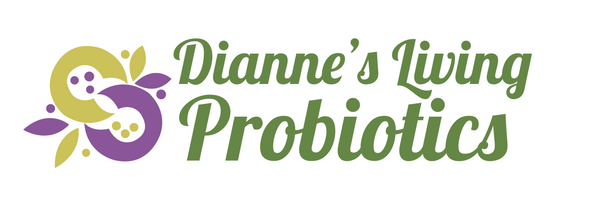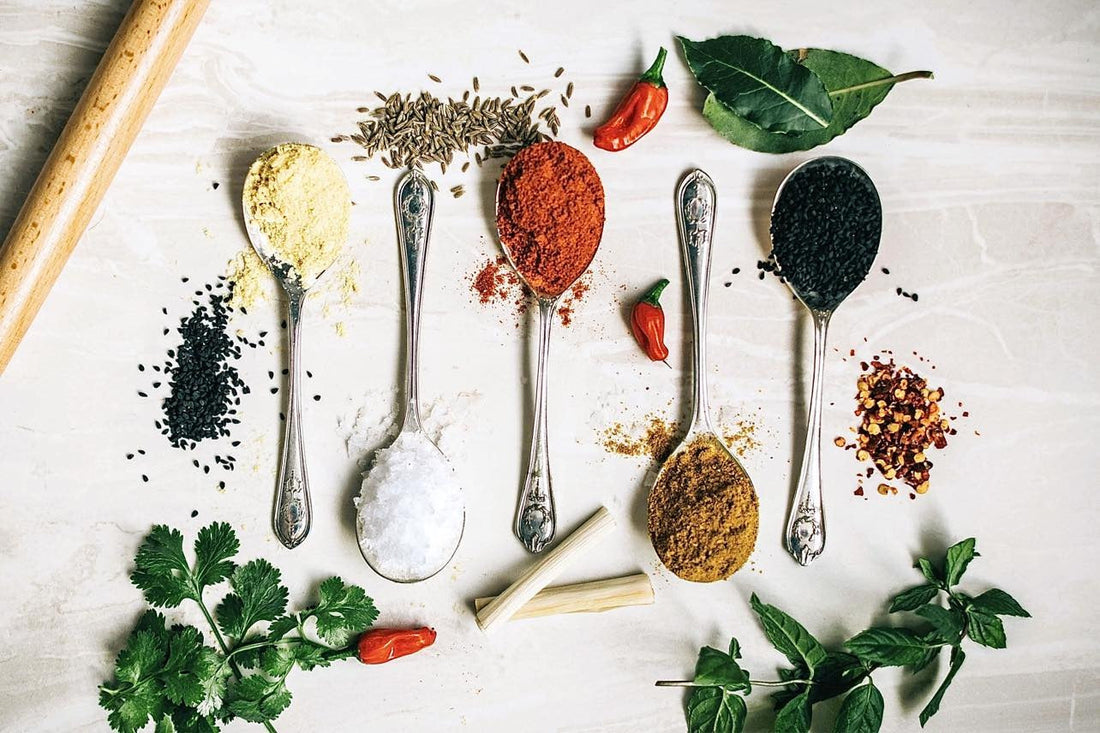Your gut does more than just digest food—it plays a key role in your overall well-being. At Di’s Living Probiotics, we believe in supporting the body’s natural processes, and that starts with maintaining a balanced gut microbiome.
What is Gut Health?
Your gut, also known as your gastrointestinal system, includes your stomach, small intestine, and large intestine. It breaks down food and liquids into nutrients that fuel your body, support growth, and aid in tissue repair. A well-balanced gut is home to trillions of bacteria, both good and bad, working together to keep you feeling your best.
Why Gut Health Matters
A balanced gut microbiome is essential for physical and mental well-being. Your gut health can impact digestion, energy levels, immunity, and even your mood. The good news? You can support your gut through simple lifestyle choices.
How to Support Your Gut Naturally
✔ Eat a Variety of Fresh, Whole Foods
A diverse diet rich in fibre, fruits, vegetables, and whole grains helps nourish beneficial gut bacteria. Avoid processed foods high in refined sugars, additives, and unhealthy fats, as they can disrupt gut balance.
✔ Incorporate Fermented Foods
Fermented foods naturally contain beneficial live cultures that may support a balanced gut microbiome. Some great options include yogurt, sauerkraut, kvass, and jun. Di’s Kvass and sauerkraut are handcrafted to provide both probiotics and prebiotics!
✔ Stay Hydrated
Drinking at least eight glasses of water per day helps with digestion and prevents constipation. Hydration is key to a healthy gut!
✔ Move Your Body
Regular cardiovascular exercise, like walking or cycling, can help keep things moving in your digestive system. Physical activity supports gut motility and overall health.
✔ Prioritise Sleep & Manage Stress
Getting enough rest and reducing stress through mindfulness, meditation, or exercise can support digestion. Stress can make it harder for your body to process food efficiently.
Probiotics vs. Prebiotics: What’s the Difference?
Think of your gut as a thriving garden:
-
Probiotics are like the flowers—living bacteria that contribute to a healthy microbiome.
-
Prebiotics are like the soil—fibre-rich foods that nourish and support probiotics in your gut.
Since the body can’t digest prebiotic fibre, it passes through the gut undigested, feeding the good bacteria and promoting a balanced microbiome.
A Healthy Gut is a Happy Gut
By making small changes to your daily routine—choosing fresh, whole foods, staying active, managing stress, and incorporating fermented foods—you can support your gut’s natural balance.
Interested in adding handcrafted probiotic-rich foods to your diet? Visit us at Yandina Country Markets or order online for local pickup in Caloundra.
Stay connected with us on Facebook for gut health tips, probiotic recipes, and product updates!
Note: Our products are crafted to support your body's natural processes and are not intended to diagnose, treat, cure, or prevent any disease.

